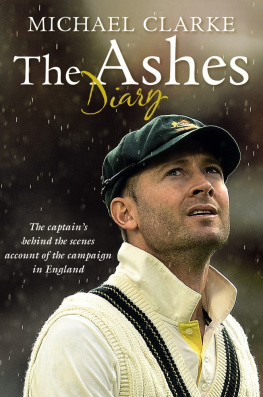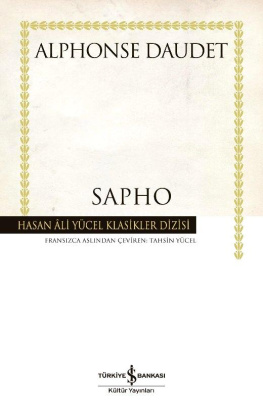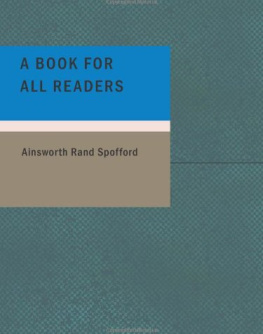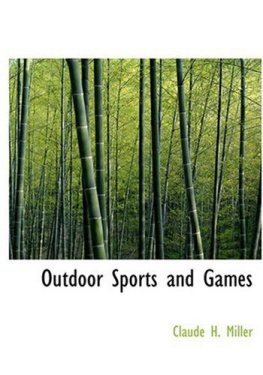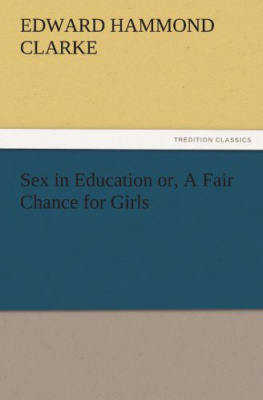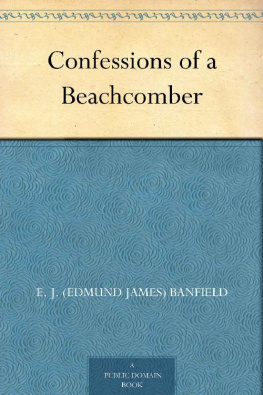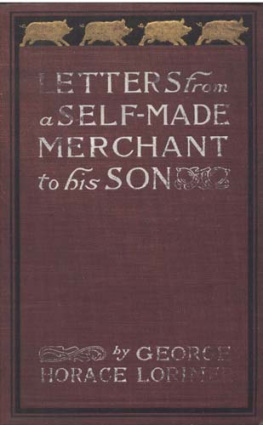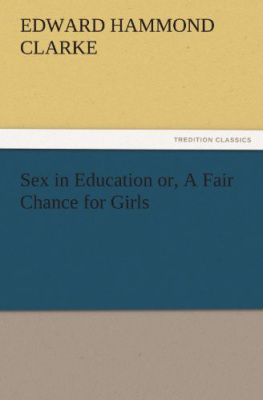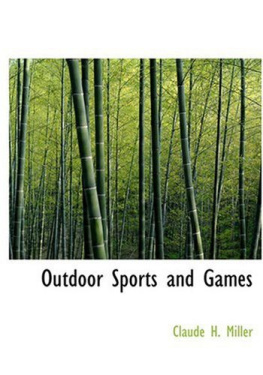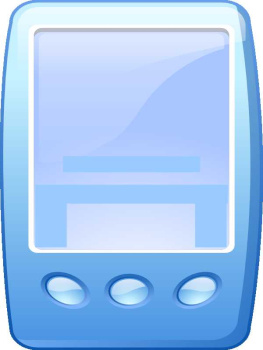The Story of Troy
Michael Clarke
Google Book Search
This is a digital copy of a book that was preserved for generations on libraryshelves before it was carefully scanned by Google as part of a project to makethe world's books discoverable online. It has survived long enough for thecopyright to expire and the book to enter the public domain. A public domainbook is one that was never subject to copyright or whose legal copyright termhas expired. Whether a book is in the public domain may vary country tocountry. Public domain books are our gateways to the past, representing awealth of history, culture and knowledge that's often difficult to discover.Marks, notations and other marginalia present in the original volume may appearin this file - a reminder of this book's long journey from the publisher to alibrary and finally to you.
Google Book Search has digitized millions of physical books and made themavailable online at http://books.google.com. The digitization at the most basic level is based on page images of thephysical books. To make this book available as an ePub formated file we havetaken those page images and extracted the text using Optical CharacterRecognition (or OCR for short) technology. The extraction of text from pageimages is a difficult engineering task. Smudges on the physical books' pages,fancy fonts, old fonts, torn pages, etc. can all lead to errors in theextracted text. Imperfect OCR is only the first challenge in the ultimate goalof moving from collections of page images to extracted-text based books. Ourcomputer algorithms also have to automatically determine the structure of thebook (what are the headers and footers, where images are placed, whether textis verse or prose, and so forth). Getting this right allows us to render thebook in a way that follows the format of the original book.
Despite our best efforts you may see spelling mistakes, garbage characters,extraneous images, or missing pages in this book. Based on our estimates, theseerrors should not prevent you from enjoying the content of the book. Thetechnical challenges of automatically constructing a perfect book are daunting,but we continue to make enhancements to our OCR and book structure extractiontechnologies.
We hope you'll enjoy these books as much as we do.
Usage guidelines
Google is proud to partner with libraries to digitize public domainmaterials and make them widely accessible. Public domain books belongto the public and we are merely their custodians. Nevertheless, thiswork is expensive, so in order to keep providing this resource, wehave taken steps to prevent abuse by commercial parties, includingplacing technical restrictions on automated querying.
We also ask that you:
- Make non-commercial use of the files: We designed Google BookSearch for use by individuals, and we request that you use these filesfor personal, non-commercial purposes.
- Refrain from automated querying: Do not send automated queriesof any sort to Google's system: If you are conducting research onmachine translation, optical character recognition or other areaswhere access to a large amount of text is helpful, please contactus. We encourage the use of public domain materials for these purposesand may be able to help.
- Maintain attribution: The Google "watermark" you see oneach file is essential for informing people about this project andhelping them find additional materials through Google Book Search.Please do not remove it.
- Keep it legal: Whatever your use, remember that you are responsiblefor ensuring that what you are doing is legal. Do not assume thatjust because we believe a book is in the public domain for users inthe United States, that the work is also in the public domain forusers in other countries. Whether a book is still in copyright variesfrom country to country, and we can't offer guidance on whether anyspecific use of any specific book is allowed. Please do not assumethat a book's appearance in Google Book Search means it can be usedin any manner anywhere in the world. Copyright infringement liabilitycan be quite severe.
About Google Book Search
Google's mission is to organize the world's information and to makeit universally accessible and useful. Google Book Search helps readersdiscover the world's books while helping authors and publishers reachnew audiences. You can search through the full text of this book onthe web at http://books.google.com
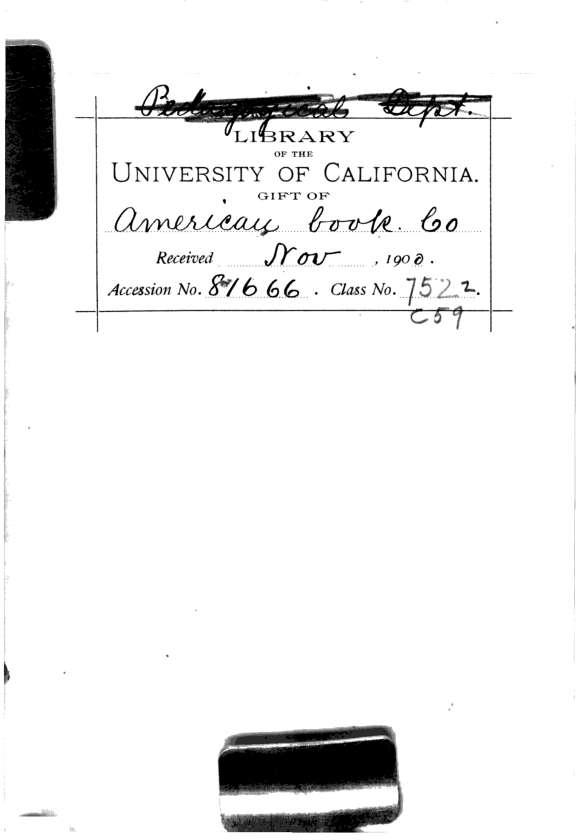
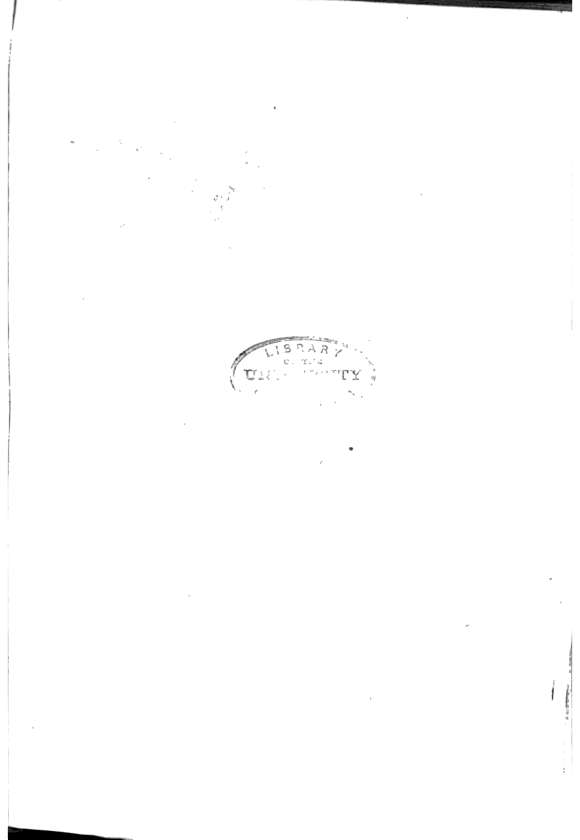
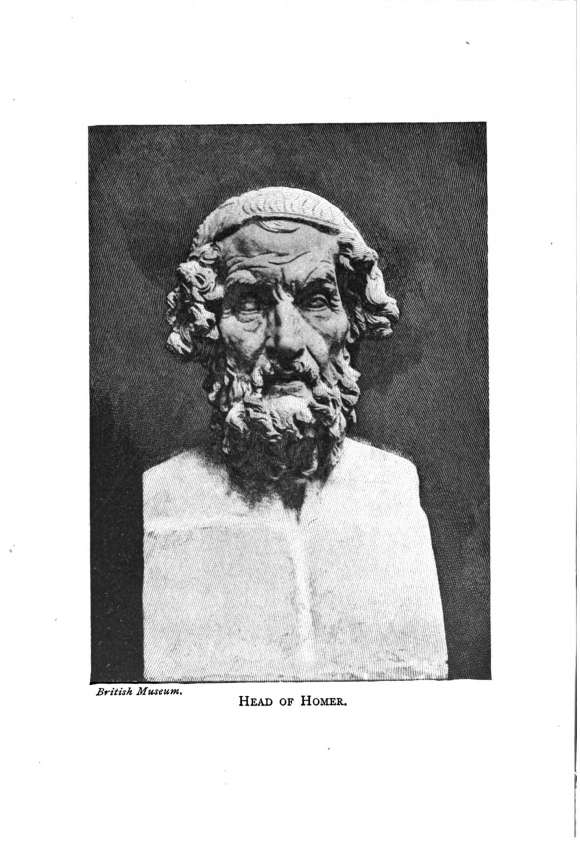

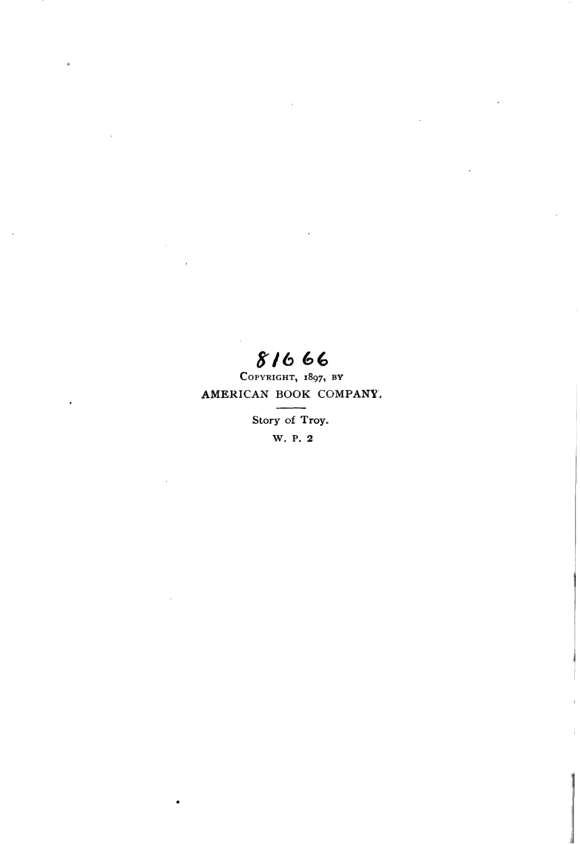
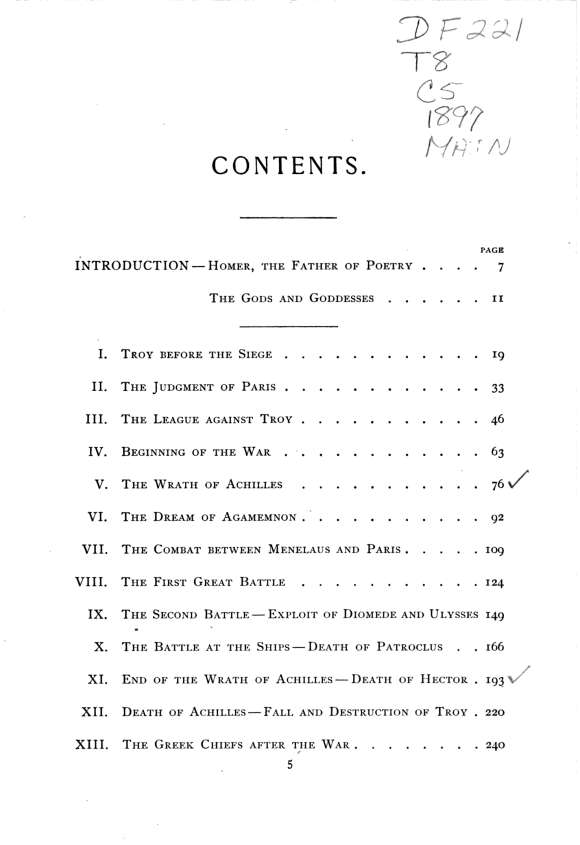
INTRODUCTION.
I. HOMER, THE FATHER OF POETRY.
In this book we are to tell the story of Troy, and particularly of the famous siege which ended in the total destruction of that renowned city. It is a story of brave warriors and heroes of 3000 years ago, about whose exploits the greatest poets and historians of ancient times have written. Some of the wonderful events of the memorable siege are related in a celebrated poem called the Il'i-ad, written in the Greek language. The author of this poem was Ho'mer, who was the author of another great poem, the Od'ys-sey, which tells of the voyages and adventures of the Greek hero, U-lys'ses, after the taking of Troy.
Homer has been called the Father of Poetry, because he was the first and greatest of poets. He lived so long ago that very little is known about him. We do not even know for a certainty when or where he was born. It is believed, however, that he lived in the ninth century before Christ, and that his native place was Smyr'na, in Asia Minor. But long after his death several other cities claimed the honor of being his birthplace.
Seven Grecian cities vied for Homer dead,
Through which the living Homer begged his bread.
Leonidas.
It is perhaps not true that Homer was so poor as to be obliged to beg for his bread; but it is probable that he earned his living by traveling from city to city through many parts of Greece and Asia Minor, reciting his poems in the palaces of princes, and at public assemblies. This was one of the customs of ancient times, when the art of writing was either not known, or very little practiced. The poets, or bards, of those days committed their compositions to memory, and repeated them aloud at gatherings of the people, particularly at ^stivals and athletic games, of which the ancient Greeks were very fond. At those games prizes and rewards ivere given to the bards as well as to the athletes.
It is said that in the latter part of his life $he great poet became blind, and that this was why he received the name of Homer, which signified a blind person. The name first given to him, we are told, was Mel-e-sig'e-nes, from the river Me'les, a small stream on the banks of which his native city of Smyrna was situated.
So little being known of Homer's life, there has been much difference of opinion about him among learned men. Many have believed that Homer never existed. Others have thought that the Iliad and Odyssey were composed not by one author, but by several. " Some," says the English poet, Walter Savage Landor, " tell us that there were twenty Homers, some deny that there was ever one." Those who believe that there were " twenty Homers " think that different parts of the two great poems the Iliad and Odyssey were composed by different persons, and that all the parts were afterwards put together in the form in which they now appear. The opinion of most scholars at present, however, is that Homer did really exist, that he was a wandering bard, or minstrel, who sang or reciled verses or ballads composed by himself, about the great deeds of heroes and warriors, and that those ballads, collected and arranged in after years in two separate books, form the poems known as the Iliad and Odyssey.


